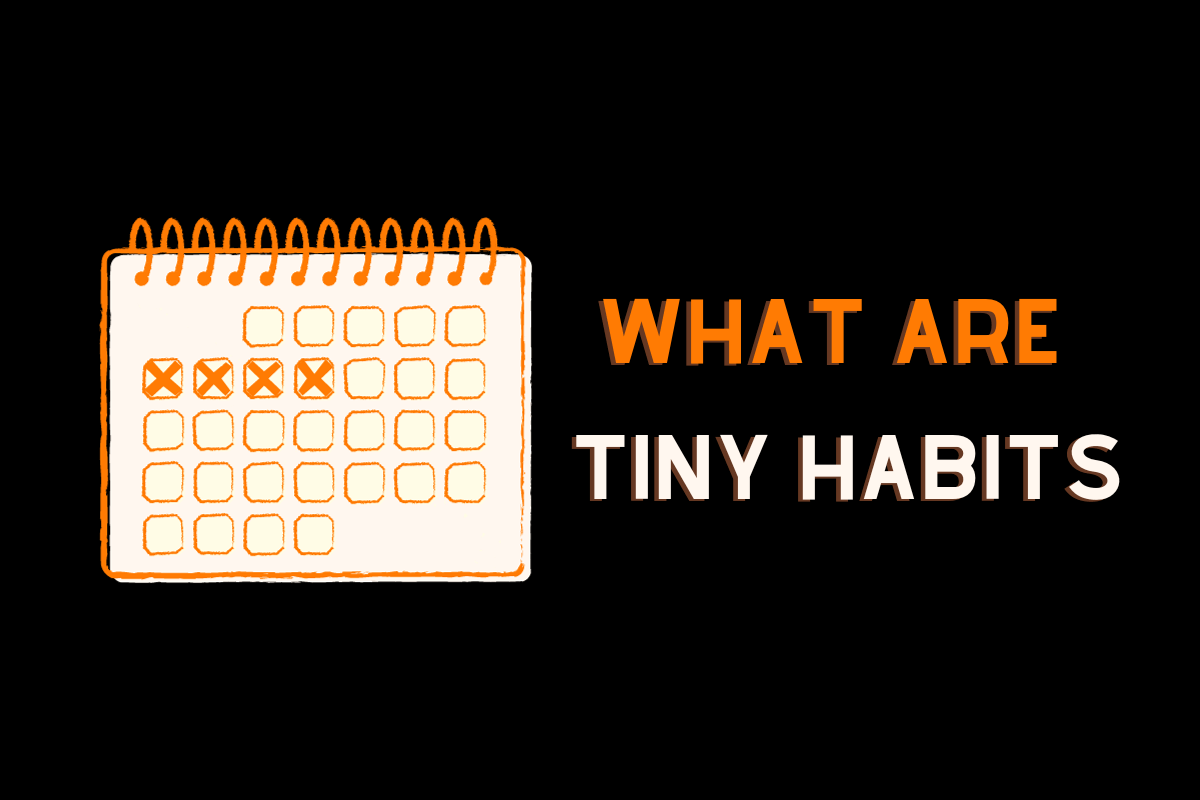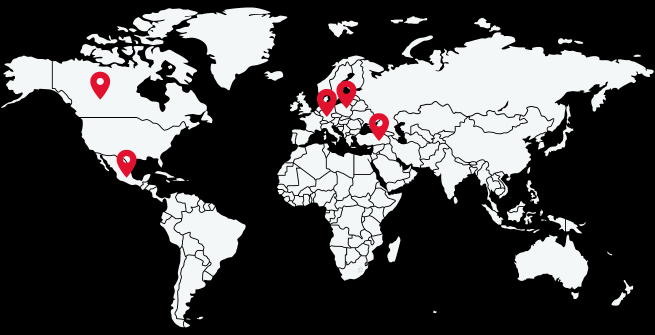“Tiny Habits: The Small Changes That Change Everything” is a book written by Dr. BJ Fogg, a behavior scientist considered to be the leading academic expert on successful habit formation, who shares insights from his research at the Behavior Design Lab at Stanford University.
Published in 2019, the book describes the “Tiny Habits Method” based on principles that Fogg developed through his research and experiences in behavior design. In the book, Dr. Fogg explains the simple and easily achievable concept of Tiny Habits and provides a practical hands on guide for readers to implement small changes in their lives that have lasting results.
The book “Tiny Habits: The Small Changes That Change Everything”, which explains the ideal mindset and provides an easily applicable roadmap for habit changes is divided into three parts:
The Habits You Want

This section delves into the psychology of habits and why traditional approaches to behavior change often fail. Fogg introduces the concept of behavior design and explains how habits are formed.
The Recipe
Here, Fogg outlines the Tiny Habits recipe, breaking down the process into specific steps. He emphasizes the importance of simplicity, celebration, and positive emotions in creating and sustaining habits. The book provides practical advice on how to design and implement tiny habits in various areas of life.
The Changes You Want
The final part of the book focuses on applying the Tiny Habits method to specific areas such as health, productivity, and relationships. Fogg provides real-life examples and success stories from individuals who have successfully adopted tiny habits.
The “Tiny Habits” method offers a practical approach for anyone looking to make positive changes in their life through small, sustainable habits.
Ultimately, Fogg suggests that by breaking down big goals into tiny, manageable actions, individuals can overcome the inertia associated with behavior change. Fogg encourages participants to identify small behaviors that can be easily incorporated into existing routines and celebrating those small victories as associating positive emotions with continuous mini-wins is an integral aspect of the process.
This realistic and simplistic method for behavior change, which purports the effectiveness of starting with tiny behaviors for creating long-lasting habits, makes it much easier for people to successfully integrate new habits into their daily lives.
How to form habits that stick
Considered one of the best guidelines to successfully establishing the habits you want for yourself, the key principles of Tiny Habits include:
Start Small
Instead of trying to make drastic changes, focus on tiny behaviors that are easy to do. These small actions should be so simple that they require minimal effort. For example let’s say you want to do 30 push-ups everyday, well Bogg would suggest breaking that number down to maybe just three or five push-ups to start with.
Anchor to Existing Habits
Associate the new tiny behavior with an existing habit or routine. This helps in integrating the new behavior seamlessly into your daily life. An example of linking one habit to another could be doing those five push-ups every morning immediately after making the bed.
Emphasize Consistency
Consistency is more important than intensity. By performing the tiny behavior consistently, you build a foundation for the habit to become automatic over time. Consistency is key for so many reasons as it is the continuation of exercising the habits you want that will enable them to grow.
This is why making a new habit you instill is “tiny” is so vital for success as it being easy to do assists in maintaining momentum in the start. In most cases, the more one does something, the easier it becomes to repeat and can then eventually transform into becoming something you just do and are no longer challenged by.
Celebrate Small Wins
Acknowledge and celebrate your achievements, no matter how small. This positive reinforcement helps to create a positive association with the new behavior. These celebrations can be as little as giving yourself a high-five or getting yourself a new workout outfit, the choice of reward is yours.
Adjust and Iterate
If a particular tiny behavior is not working or feels too challenging, be flexible and willing to adjust. Experiment with different behaviors until you find what works for you.
Consider any obstacles as an opportunity to fine-tune new habits and thus a chance to learn and improve. Sometimes, we may have to troubleshoot at the start and then at some point the right routine will just stick, just don’t get disheartened and consider setbacks as opportunities for insight.
Why “Tiny Habits” works and how it differs from traditional goal-setting

The reason the Tiny Habits method is such a big deal in the realm of successful behavior change is that it differs immensely to the traditional ways of goal-setting.
First off, “Tiny Habits” emphasizes starting with extremely small and manageable actions whereas often goal-setting involves ambitious, long-term goals that may feel overwhelming and can lead to frustration or burnout.
This method prioritizes the number of times a habit is repeated versus focusing on progress achieved. Having lofty goals can lead to discouragement if progress is not seen fast enough, whereas just continuing to show up and repeating the habit is what counts more in this method. Perhaps the most innovative tip from this method is to attach a new habit onto an existing routine in order to seamlessly integrate the behavior into your daily life.
Lastly, “Tiny Habits” purports that positive reinforcement helps to create a positive association with a new behavior and therefore advises that we celebrate any small success possible, versus traditional goal-setting which usually reserves our feeling of accomplishment to celebrations of major milestones.
Troubleshooting is a welcomed part of the process and lastly, “Tiny Habits” is grounded in the principles of behavior design and what makes habit cultivation as easy as possible versus relying on the traditional perspective that willpower and self-discipline alone is what is required to shape new habits.
The Tiny Habits concept revolves around the idea that small, incremental changes can lead to significant and sustainable behavior transformation. Rooted in extensive studies in behavioral psychology, the method aims to make behavior change more accessible and sustainable by breaking it down into manageable steps. It’s a gentle and positive approach that focuses on creating habits through positive reinforcement and gradual progress.



